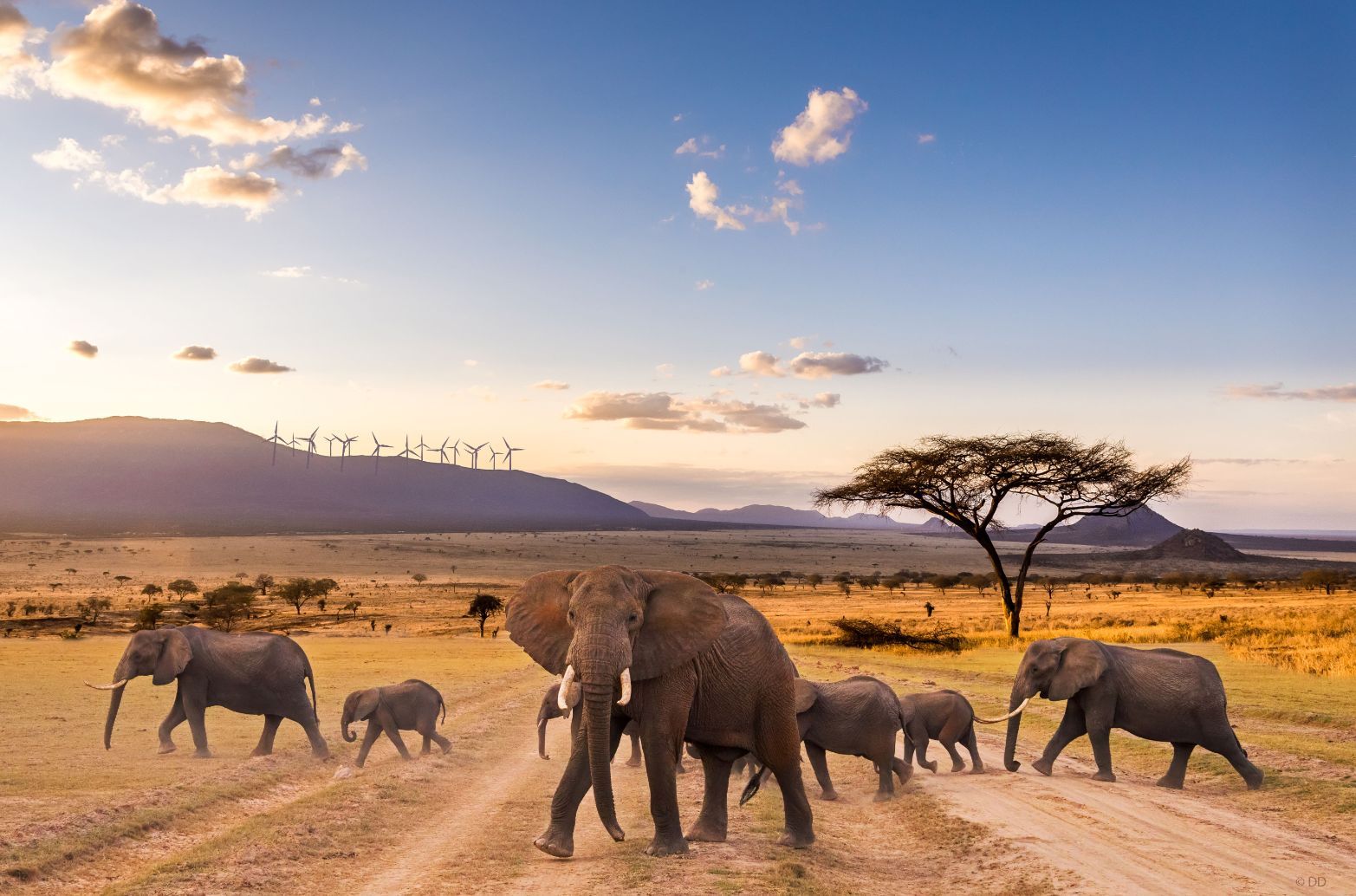Essential Facilitators and Strategic Partners – The Real Role of Law Firms
)
Aleem Tharani co-heads the Infrastructure Sector Group at Bowmans. Based in Nairobi, he is acting on significant energy projects in Kenya and in other African countries, including Sierra Leone, Guinea, Uganda, Angola and Malawi. Aleem spoke to EnergyNet about the vital role law firms can play in the energy market, and the unique skills and perspective they bring that go far beyond merely drafting contracts.
What would you say is key to unlocking opportunity in the African energy sector?
There are several key factors, but we would emphasize:
- Strategic Partnerships: Collaboration between governments, international organizations, private investors, and local communities is crucial. No single entity can solve the complex challenges we face and we all need to come together to unclog existing bottlenecks that are preventing the expeditious development financing and construction of much needed energy infrastructure.
- Regulatory Reform: Clear, consistent, and investor-friendly regulations are essential to attract and retain the capital needed for large-scale energy projects. This includes ensuring that there is a predictable and attractive regime in place in respect of tax and fiscal incentives with certainty that these will not be withdrawn for the duration of the project (or if so, then stabilization mechanisms need to be put in place).
- Innovation: Embracing new technologies like energy storage solutions can leapfrog traditional infrastructure limitations and provide cleaner, more sustainable power.
- Financial Mechanisms: Innovative financing models, blended finance, and risk mitigation tools are needed to unlock investment in underserved markets and support local project developers.
- Local Content Development: Prioritizing the development of local skills, expertise, and supply chains is essential for sustainable growth and ensuring that the benefits of energy projects are shared with local communities.
- Infrastructure Investment: Upgrading and expanding transmission and distribution networks are crucial to connect new generation sources to consumers and ensure reliable power delivery.
- Capacity Building: Investing in training and education programs for local professionals and technicians is vital to build a skilled workforce that can operate and maintain energy infrastructure.
- Political Will and Stability: Strong government commitment to energy sector reform, coupled with political stability, is essential to create a conducive environment for investment and long-term project success.
Strategic partnerships are essential – how do law firms make things easier? Can they be a facilitator?
Law firms are essential facilitators in strategic partnerships, going far beyond simply drafting contracts. They bring a unique skill set and perspective that is invaluable in navigating the complexities of the African energy sector:
- Foreseeing Blind Spots: Experienced law firms have a deep understanding of the energy sector and can anticipate potential legal, regulatory, and commercial risks that others might overlook. This foresight helps clients avoid costly mistakes and ensures that deals are structured for long-term success.
- Bridging Public and Private Sectors: Law firms act as a crucial bridge between governments and private investors. They understand the priorities of both sides and can help find practical, pragmatic solutions that balance public interest with the need for profitable investments. This is particularly important in complex areas like regulatory reform and project financing.
- Ensuring Sustainable and Fair Solutions: Law firms are committed to upholding the rule of law and ensuring that agreements are not only legally sound but also equitable and sustainable. They help create a level playing field for all parties, fostering trust and cooperation that are essential for long-term partnerships.
- Capacity Building and Knowledge Sharing: Many law firms are actively involved in capacity building initiatives, training other lawyers and professionals, and sharing knowledge about best practices in the energy sector. This helps to strengthen the legal and regulatory framework in African countries and empowers all stakeholders to participate more effectively in energy projects.
In essence, law firms are more than just legal advisors; they are strategic partners who play a vital role in unlocking opportunities, mitigating risks, and driving sustainable development in the African energy sector.
Are you seeing more cross border projects, for example in transmission, which may have a particular level of complexity?
Yes, absolutely. Cross-border projects, particularly in transmission, are on the rise. This is driven by the need to share resources, improve energy security, and expand access to electricity across the continent. These projects do come with unique complexities, including:
- Regulatory Harmonization: Aligning regulations across multiple countries can be a significant hurdle.
- Financing: Securing funding for large-scale, multi-jurisdictional projects often requires creative solutions and strong partnerships.
- Political Risk: Changes in government policies or regional instability can pose risks to project timelines and profitability.
Law firms, like ours, experienced in these types of projects can help navigate these complexities, ensuring projects move forward smoothly.
What are you most looking forward to at aef24?
My Bowmans colleagues and I are eager to connect with fellow industry leaders, learn about the latest trends and technologies, and explore new opportunities for collaboration. AEF is a unique platform to share knowledge, build relationships, and collectively work towards a brighter energy future for Africa. We can't wait!
Bowmans is a sponsor of the Africa Energy Forum 2024, where Aleem will chair a session on Investing in Kenya.

